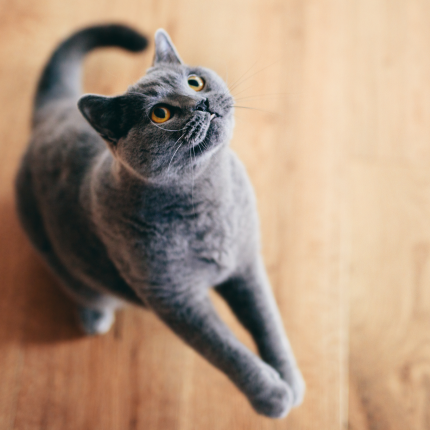Dispelling the Myth of the “Crazy Cat Lady”
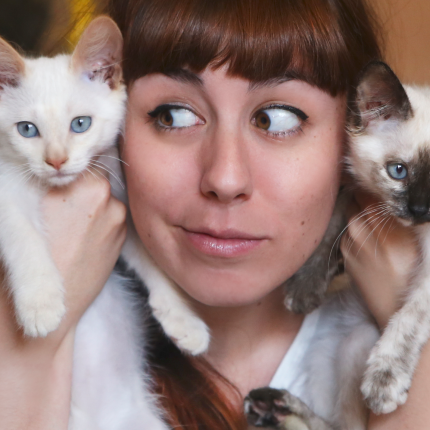
Picture this: a dimly lit room cluttered with shelves adorned with knick-knacks and well-loved furniture, where cats roam freely, their mischievous antics disrupting the tranquility. At the heart of this scene sits a woman, her hair streaked with gray, rocking gently in her chair as she knits, seemingly unperturbed by the chaos unfolding around her. This familiar tableau, often depicted in popular culture, embodies the archetype of the “crazy cat lady” – a solitary figure whose closest companions are her feline friends.
Characters like Eleanor Abernathy from The Simpsons, whose unintelligible ramblings and penchant for hurling cats at perceived intruders, and Angela Martin from The Office, whose unwavering dedication to her cats eclipses her human relationships, serve as quintessential examples of this stereotype.
The “crazy cat lady” myth perpetuates the notion that single women who share their lives with multiple cats are eccentric, socially inept, or emotionally troubled. It insinuates that these women prioritize their feline companions over human connections and suggests a correlation between cat ownership and mental health issues.
However, a comprehensive study conducted in 2019 dismantled these preconceptions, revealing that cat owners are no more predisposed to depression, anxiety, or interpersonal difficulties than their counterparts who own dogs or abstain from pet ownership altogether. Initially focused on parental behavior, the study expanded its scope to explore the emotional dynamics and psychological well-being of both pet and non-pet owners.
Cats Adopt Our Personalities
Contrary to popular belief, cats are not mere reflections of their owners’ idiosyncrasies; rather, they possess distinct personalities shaped by a myriad of factors. Research suggests that an owner’s temperament and behavior can influence a cat’s demeanor and overall health. For instance, anxious owners may inadvertently transmit stress to their feline companions, predisposing them to stress-related ailments, whereas individuals with outgoing dispositions may foster a more relaxed environment conducive to their cats’ well-being.
Cats Are Our Babies
Furthermore, many cat owners view their pets as integral members of their families, imbuing their relationships with emotional depth and significance. A study conducted in the Netherlands found that over half of cat owners regarded their feline companions as family members, while a mere fraction considered them as mere pets. For these individuals, cats provide not only companionship but also solace and unconditional love, particularly for those navigating life’s journey alone.
In essence, stereotypes seldom capture the multifaceted nature of human experience. Choosing to embrace what brings joy and fulfillment – whether it be nurturing a bond with a beloved cat or pursuing other passions – is essential for leading an authentic and fulfilling life. And when confronted with doubt or stigma, empirical evidence serves as a beacon of clarity, guiding individuals toward informed decisions free from societal bias and misconception.

Featured Articles
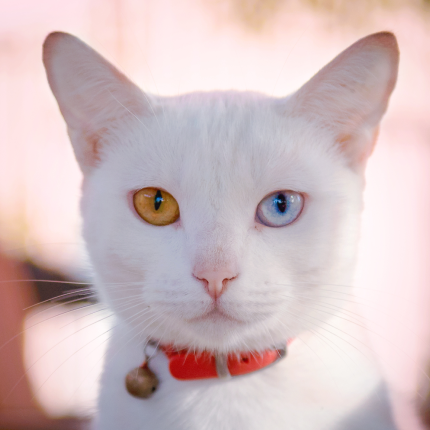
The Odd-Eyed Cat (AKA Heterochromia)
Cats are already beautiful and fascinating creatures, but people are bound to take notice when they have something as captivating as two different colored eyes. Odd-eyed cats always have one blue eye paired with either a green, yellow, or brown eye. This form of heterochromia occurs in other animals, including…
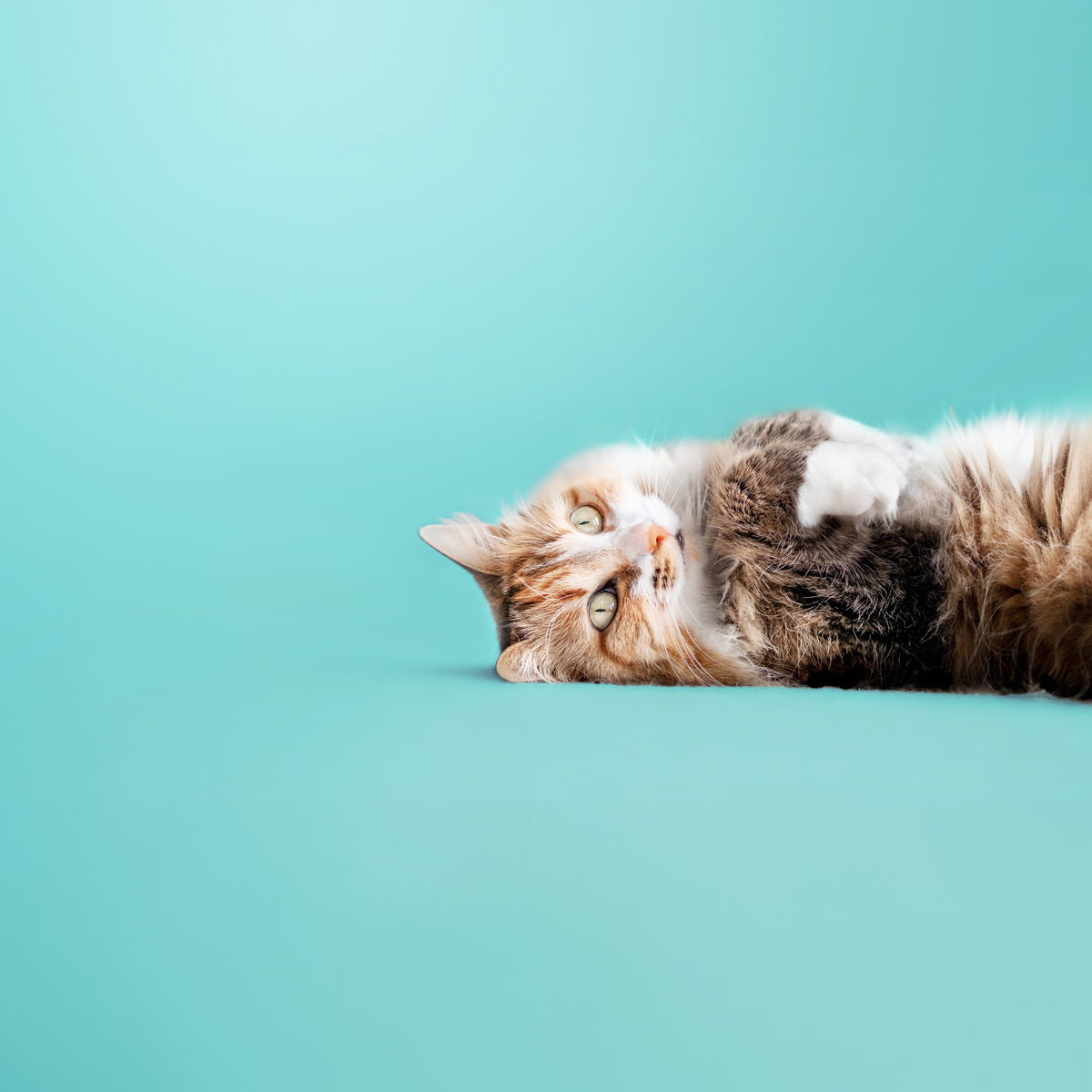
Why Do Cats Roll Over Into Their Backs But Not Let You Touch Their Bellies?
It’s common knowledge dogs love to have their tummies rubbed when they freely lay down before you and roll onto their backs. But, if you’re also familiar with cats, you know that when they roll onto their backs with their bellies exposed, rubbing the belly will most likely result in…
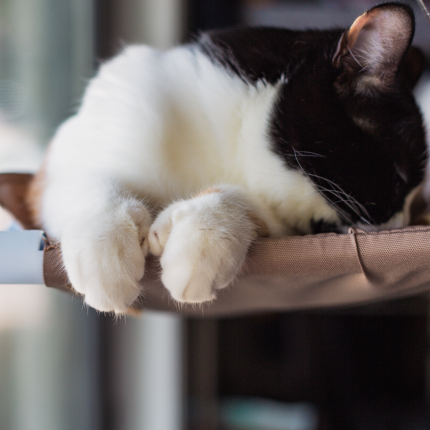
Polydactyl Cats: Just More Beans to Love
Polydactyl cats have become extremely popular in recent times. As a result, more and more people are interested in learning more about this six-toed cat and want to get one of their own. If you are a cat lover intrigued by polydactyl cats, you have come to the right place….
